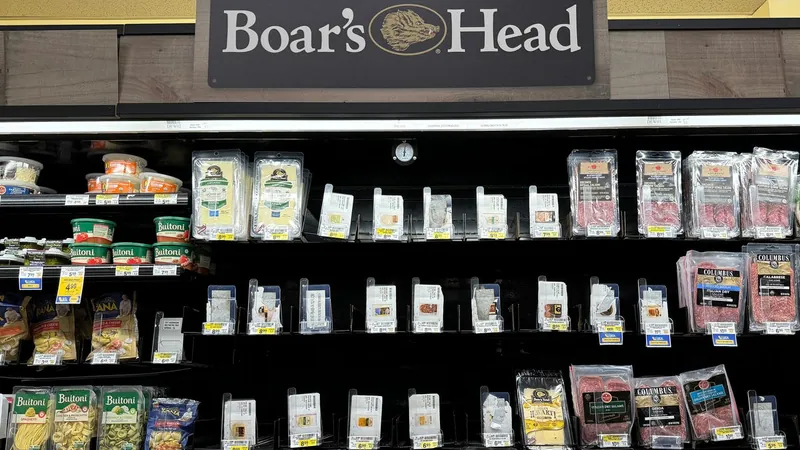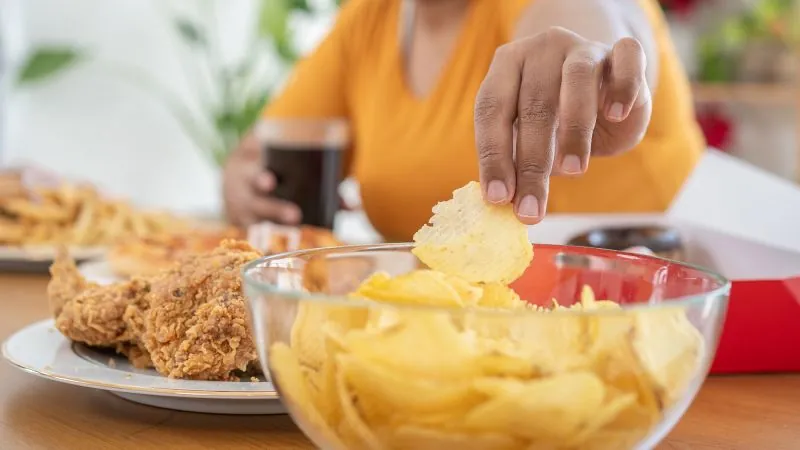
The Surprising Truth About Prebiotic Soda: Is It Worth the Gassy Fallout?
2024-09-27
When it comes to gut health, the buzzwords "probiotics" and "prebiotics" are all the rage. But as we consider switching our sugary sodas for trendy prebiotic alternatives, we might want to pay attention to some not-so-glamorous side effects.
Probiotics are live microorganisms that support digestion, but prebiotics, like those found in certain fizzy sodas, serve as food for these beneficial bacteria. According to holistic nutritionist Katelyn Bedford, “Prebiotics are indigestible fibers that nourish probiotics, helping them flourish and ensuring a happier gut.” The combined efforts of these two elements regulate bowel movements, improve calcium absorption, bolster immune response, and reduce inflammation, among other advantages.
However, indulging in prebiotic sodas may have some less favorable consequences for your gut. The process of fermentation, where these indigestible fibers break down in the body, can lead to the production of gas. This means that if you decide to sip on your bubbly prebiotic drink, you might find yourself navigating some unexpected "fermented farts."
It's worth noting that while fiber is crucial for good health—lowering cancer risks and enhancing organ function—overdoing it or making sudden drastic changes to your fiber intake can result in gastrointestinal distress. Dr. Amy Burkhart, a dietitian specializing in gut health, emphasizes the importance of gradually increasing fiber from natural sources like fruits, vegetables, whole grains, and legumes to help your body adjust better to prebiotics.
Aside from the fibers that help in digestion, many prebiotic sodas also contain artificial sweeteners such as allulose, erythritol, and stevia, which might disrupt gut flora further. As dietitian Desiree Nielsen notes, the carbonation itself can contribute to bloating and worsen conditions like irritable bowel syndrome or gastroesophageal reflux disease (GERD).
Fortunately, there are strategies to enjoy prebiotic sodas without the imminent threat of discomfort. Dr. Burkhart suggests pacing your consumption: “Instead of downing an entire can, start with half and gradually increase as your body adapts.” Additionally, try sticking to lower-fiber options, like Poppi, which has a modest 2 grams of prebiotic fiber.
Interestingly, Poppi recently faced a class action lawsuit claiming that it may not deliver the "gut health" benefits it promotes. Company representatives argue that the lawsuit is baseless and are ready to defend their claims vigorously.
If you’re curious about other bubbly options, Bedford advocates for Olipop, stating, “It's a prebiotic soda that stands out from the crowd.” With only 2 grams of added sugar, 9 grams of dietary fiber, and just 35 calories per serving, it's easy to see why it has gained popularity.
In the end, prebiotic sodas can be a refreshing and beneficial alternative to conventional sugary drinks, but you might want to watch the bubbly intake to avoid turning heads for the wrong reasons!





 Brasil (PT)
Brasil (PT)
 Canada (EN)
Canada (EN)
 Chile (ES)
Chile (ES)
 España (ES)
España (ES)
 France (FR)
France (FR)
 Hong Kong (EN)
Hong Kong (EN)
 Italia (IT)
Italia (IT)
 日本 (JA)
日本 (JA)
 Magyarország (HU)
Magyarország (HU)
 Norge (NO)
Norge (NO)
 Polska (PL)
Polska (PL)
 Schweiz (DE)
Schweiz (DE)
 Singapore (EN)
Singapore (EN)
 Sverige (SV)
Sverige (SV)
 Suomi (FI)
Suomi (FI)
 Türkiye (TR)
Türkiye (TR)